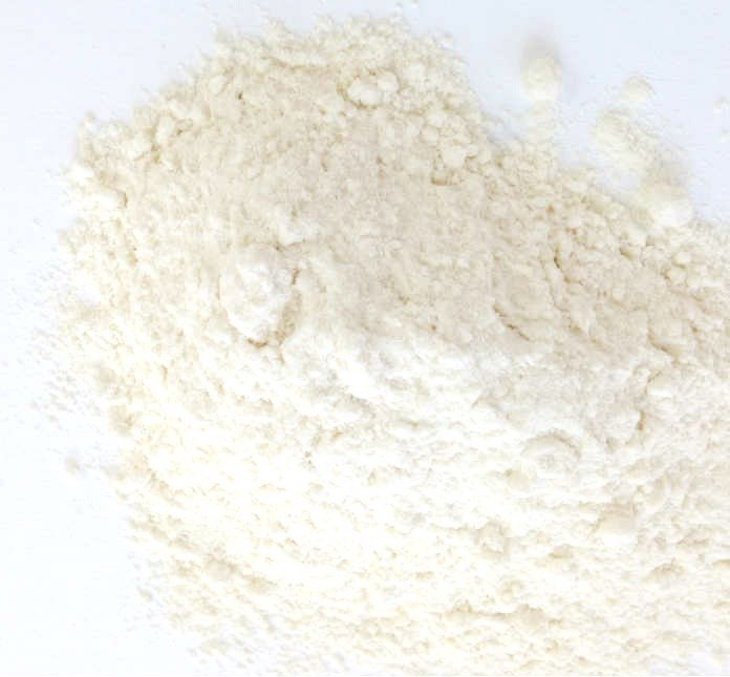In the wake of the latest E. coli outbreak linked to raw flour, a study published in the Journal of Food Protection has found that a small percentage of raw wheat can be contaminated with Salmonella, EHEC (Enterohemorrhagic Escherichia coli), and Listeria bacteria. The scientists conducted a baseline study from 2012 to 2014 to determine the prevalence and levels of pathogens in wheat samples taken before milling.

The study authors took 5,176 samples and tested for those pathogens. Isolates were fingerprinted using pulsed-field gel electrophoresis (PFGE). They found Salmonella in 1.23% of samples, EHECs in 0.44% of samples, and Listeria species in 0.08% of samples. There was a high diversity for all organisms, which indicates a diverse background of naturally occurring organisms is contaminating the wheat.
That means that the microbial contamination is “coming from diverse sources.” The authors conclude that “contamination of wheat with pathogens is clearly evident and poses a foodborne illness risk.” The Salmonella diversity was high, which indicates various animal sources of the pathogen.
The current E. coli O26 outbreak, which has sickened 17 people, hospitalizing three, is linked to flour produced at ADM Milling. The FDA found E. coli in an unopened sample of Aldi Baker’s Corner all purpose flour on May 24, 2019. That product was recalled on May 22, 2019, and the recall was expanded on May 24, 2019 . Since then, two more recalls have been issued: one for 5 pound bags of King Arthur unbleached all purpose flour with several lot codes, and for one UPC number of Pillsbury bread flour sold in 5 pound bags. Flour has also been recalled for possible Salmonella contamination in the past.
Vehicles for the contaminated flour in the past where outbreaks have occurred have included cookie dough, cake batter, and raw wheat flour. The outbreaks show that “raw agricultural commodity expected to be subjected to a kill step (e.g., baking), can still result in outbreaks (e.g., when consumers eat raw dough made from contaminated flour). Contamination can occur during growth, harvesting, storage, and processing.” Sources for the pathogen can include irrigation water, animal activity, handling, harvesting equipment and processing.
The study also states that because Salmonella and EHEC have low infective doses, a small number of the bacteria in that product can cause serious illness. The authors state that raw flour can “pose significant threats to public health.”
The researchers also noted that the highest incidences of Salmonella were found in winter wheats, both soft and hard. The higher Salmonella incidence may be associated with seasonal conditions. Winter wheat is planted in late fall, overwintered in the field, grows in the spring, and is hasted in early summer.
When the wheat heads are contaminated in the field, the pathogens on the surfaces of the wheat berries are redistributed throughout the flour during milling. During the tempering step, the wheat berries are sprayed with water, which can cause cross-contamination and increases the moisture level of the grain. And tempering can incubate at temperatures that allow microbial growth.
Contamination can be mitigated by testing lots, but not every lot is tested. Mishandling and improper cooking by consumers is a factor in these outbreaks; because people will eat raw dough.
The authors state that intervention may be possible during wheat berry tempering to reduce the pathogen load, such as treatment with mild acids, such as lactic acid, propionic acid, and acetic acid, and salts. But they also state that the best way to prevent foodborne illnesses from raw flour are to cook the products before consumption, tell people to avoid eating raw dough, and hope that consumers heed the warning.
The researchers are from WhiteWave Foods Co., ConAgra Inc., and IEH Laboratories & Consulting Group. The researchers hope that their study and others may help develop methods to prevent outbreaks linked to wheat and wheat products.




